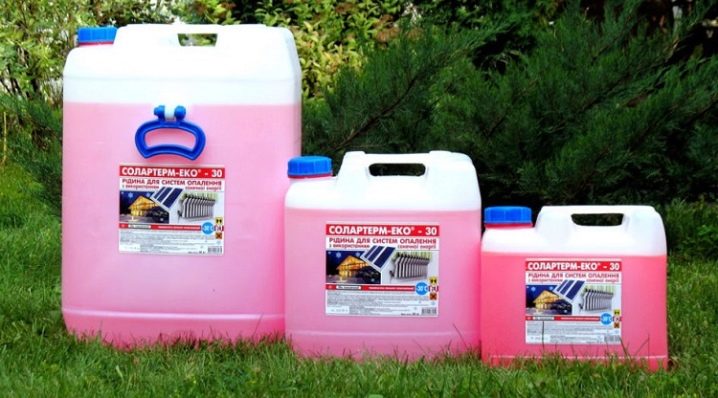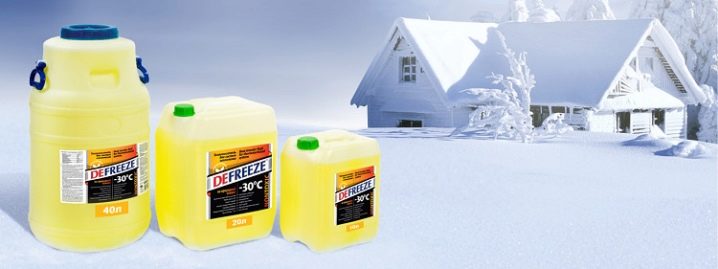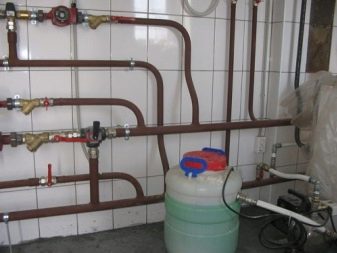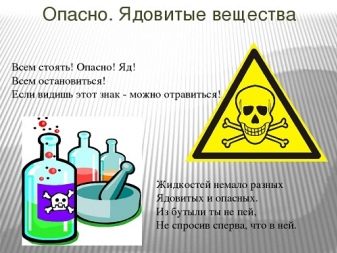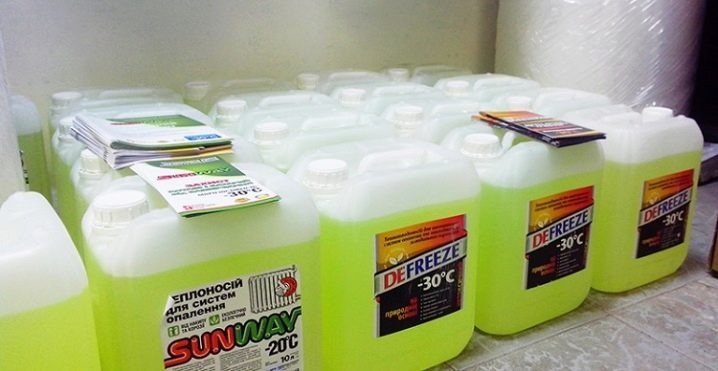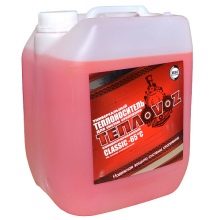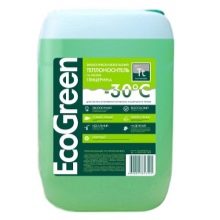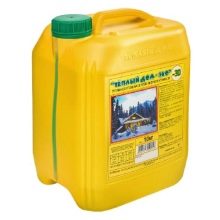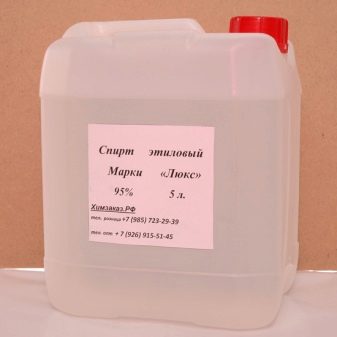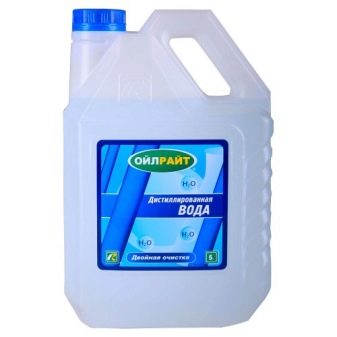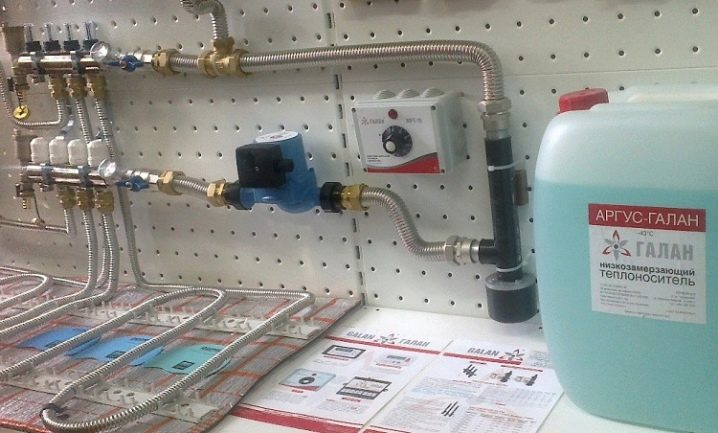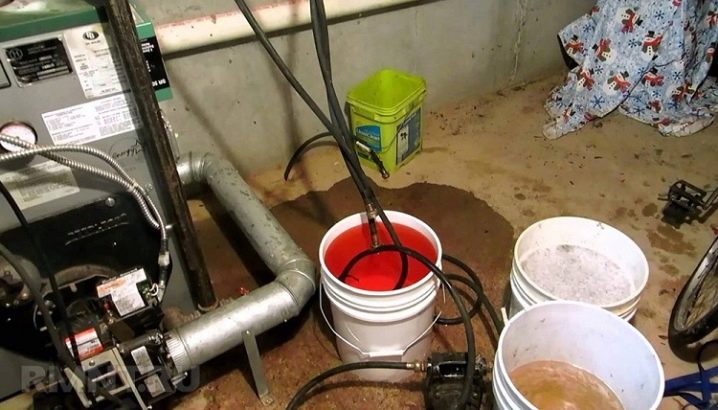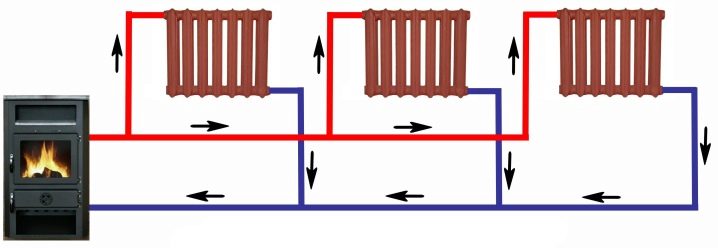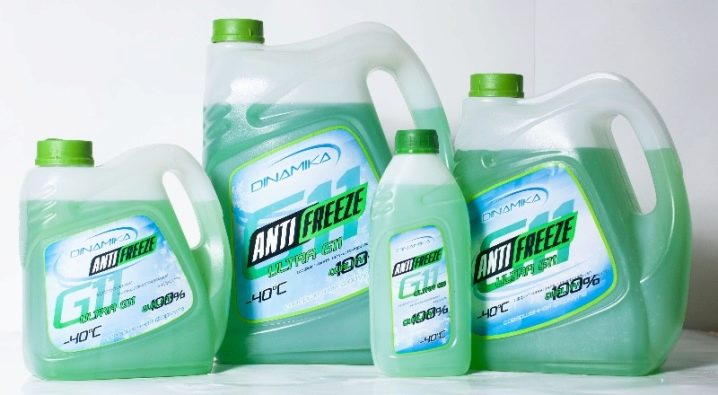Antifreeze for aluminum radiators: how to choose and fill?
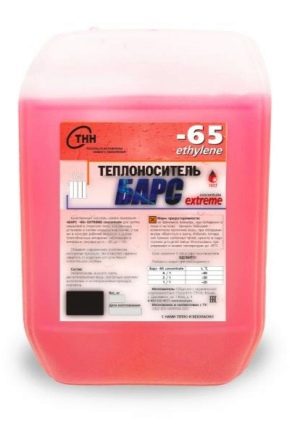
Quite often, many owners of autonomous aluminum radiators use ordinary water to fill them. This has a negative effect on the operation of the heating circuit, reduces its service life, contributes to the occurrence of corrosion, and finally, disables the system. To date, you can use many other liquids designed specifically for use in radiators. The most common of these is antifreeze.
Advantages and disadvantages
Choosing antifreeze to fill in the radiator, you should choose a special composition designed for these purposes.Antifreeze means by itself a special liquid that does not freeze at low temperatures. In special solutions for heating circuits there are special impurities and additives that do not harm the radiator and maintain its stable operation.
Antifreeze is very durable, so this coolant can be used for quite a long time.
Among the negative aspects of antifreeze can be noted several factors.
- Thermal antifreeze capacity is low. Such liquids are inferior to water in this indicator by 115%.
- To use this coolant in the radiator, a special pump is needed to start the entire system, since fluids for heating circuits have a high viscosity. Therefore, they need to be accelerated by a pump in order for the system to start working.
- Antifreeze has a high turnover. For this reason, special attention should be paid to welding seams and connections on the radiator.
- Some formulations are extremely toxic and harmful to human health.
In no case should such toxic antifreezes be used together with hot water supply.
But despite the above disadvantages of this type of coolant,It is perfect for use in aluminum circuits with an autonomous heating system.
Types of antifreeze
Antifreeze has different properties depending on the content in it of various impurities.
Consider some of the most commonly used types of coolant.
- Glycerol. This composition is practically non-toxic and harmless. It dissolves well and has a long service life in radiators. Such a composition does not cause the appearance of harmful precipitation in the system.
- Ethylene glycol compositions. This filler for radiators should be handled with extreme caution, as it is very harmful and toxic. The advantage of this type of coolant is its low cost. Otherwise, this coolant is suitable for use in heating circuits. Such an impurity is usually used as a base for the coolant.
- Propylene glycol. In contrast to the previous coolant, this type of fluid for the radiator has a rather high cost. But otherwise he has the most positive qualities - harmless to health, long term use, preventing the appearance of precipitation in the radiator.
In some situations, a simple coolant for the radiator can be made on its own. To do this, mix distilled water with 40% ethyl alcohol. This composition is less viscous and quite suitable for use in the contours. But it is worth remembering the proportions. When temperatures drop to -10 degrees, you need to use about 20% ethanol in the total solution. At lower temperatures, for example, - 23 degrees, you need to use a little more than 30% alcohol in the composition.
At these low temperatures, one liter of alcohol is usually mixed with three liters of water.
When should you not use antifreeze?
Use a special coolant can not in all cases.
There are limitations to the use of such formulations.
- Antifreeze should not be used in a heating circuit with electrolysis boilers.
- It is strictly forbidden to use these coolants in open heating systems, since many compounds are toxic. This mainly concerns those compositions based on ethylene glycol, but glycerin or propylene glycol can be used in open systems.
How to fill the coolant in the aluminum radiator?
Usually, many heating systems are made specifically with the further use of antifreeze in them. Planned capacity of the boilers and materials used in the system itself. But this is not always the case. Often there is a situation when you need to pour a special coolant into the radiator, which previously used water. In this case, some recalculations related to the power of the boiler should be made.
And it is also strongly recommended to thoroughly clean the pipes or replace them completely.
Some features of the coolant
It is important to remember that it is not recommended to use antifreeze in radiators where zinc is present.
In aluminum heating circuits in which copper or brass is present, it is not recommended to use antifreeze. Its reaction with these metals can cause an electrolytic reaction.
As gaskets between radiator sections when using antifreeze, it is worth using polymer seals rather than rubber.
And also antifreeze must be used in circuits with more than one section, because this coolant has a low heat capacity, and therefore it needs more space.
Choosing a coolant, you should decide on the required volume of solution., power of the boiler and the circular pump, and also it is necessary to carefully check the general condition of the heating system before filling it.
The use of antifreeze in aluminum heating radiators has a number of positive aspects in comparison with other types of fillers. Thanks to the use of antifreeze, the heating circuit will last a long time and will consistently provide the necessary level of heat.
It is extremely important to remember about health and when using certain formulations carefully observe safety precautions.
The fact that it is better to fill in the heating system - water or antifreeze, you can learn from the video below.
